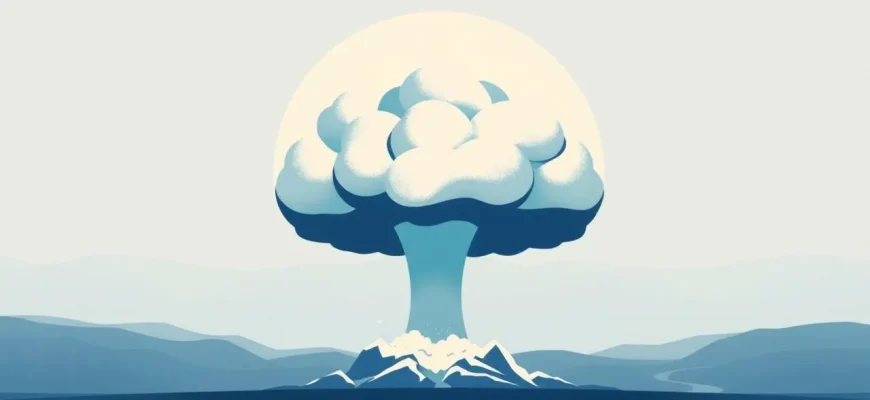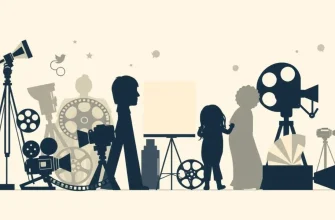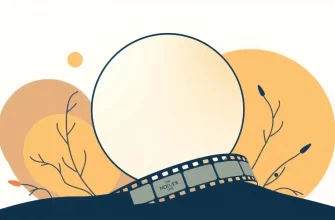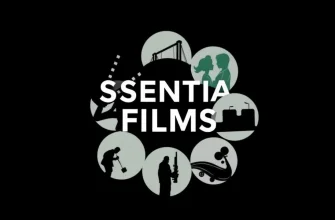The atomic bomb has been a subject of fascination, fear, and intrigue in cinema for decades. These films delve into the moral, political, and personal ramifications of nuclear weapons, offering viewers a spectrum of perspectives from historical dramas to speculative futures. This curated list not only entertains but also educates, providing insight into one of the most pivotal and controversial inventions of the 20th century.
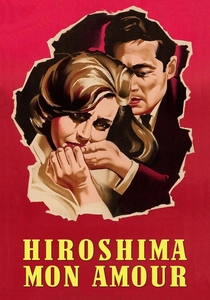
Hiroshima Mon Amour (1959)
Description: This French-Japanese film intertwines the personal story of a French actress and a Japanese architect with the backdrop of Hiroshima's atomic bombing, exploring themes of memory, love, and trauma.
Fact: The film was shot in Hiroshima, with real survivors of the bombing participating as extras. It was also one of the first films to address the Hiroshima bombing directly.
 Watch Now
Watch Now
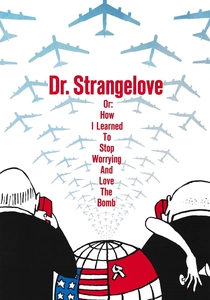
Dr. Strangelove or: How I Learned to Stop Worrying and Love the Bomb (1964)
Description: A satirical take on the Cold War, this film explores the absurdity of nuclear strategy through the story of a rogue general who orders a nuclear strike on the Soviet Union.
Fact: Stanley Kubrick initially intended to make a serious film but found the subject matter too ridiculous to treat with gravity. The film's ending was changed multiple times to avoid being too bleak.
 Watch Now
Watch Now
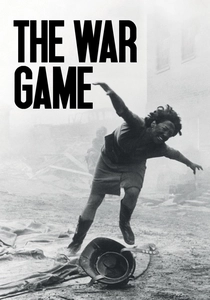
The War Game (1965)
Description: A pseudo-documentary that simulates a nuclear attack on Britain, showing the devastating effects on civilians. It's included for its stark realism and the controversy it caused upon release.
Fact: The BBC banned the film from television broadcast for nearly 20 years due to its graphic content, fearing it would cause panic.
 Watch Now
Watch Now
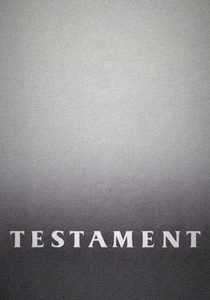
Testament (1983)
Description: Focuses on the aftermath of a nuclear attack from the perspective of a family in a small California town, emphasizing the human cost of nuclear war.
Fact: The film was nominated for two Academy Awards, including Best Original Screenplay.
 Watch Now
Watch Now
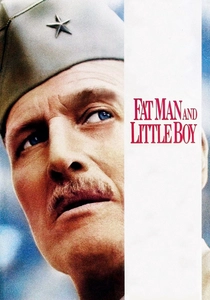
Fat Man and Little Boy (1989)
Description: Chronicles the Manhattan Project, focusing on the relationship between General Leslie Groves and physicist J. Robert Oppenheimer, leading up to the creation of the atomic bomb.
Fact: The film was criticized for historical inaccuracies but praised for its portrayal of the ethical dilemmas faced by scientists.
 Watch Now
Watch Now
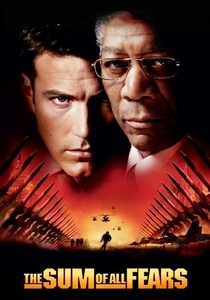
The Sum of All Fears (2002)
Description: Based on Tom Clancy's novel, this film involves a plot to detonate a nuclear bomb at a football game, exploring themes of terrorism and nuclear proliferation.
Fact: The film's plot was updated to reflect contemporary fears of nuclear terrorism post-9/
 Watch Now
Watch Now
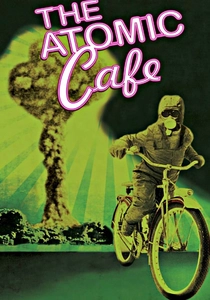
The Atomic Cafe (1982)
Description: A documentary that uses archival footage to satirize the American government's propaganda during the Cold War, focusing on the public's perception of nuclear weapons.
Fact: The film uses no narration, relying entirely on the juxtaposition of archival material to make its point.
 30 Days Free
30 Days Free
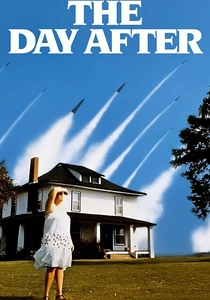
The Day After (1983)
Description: This made-for-TV movie depicts the aftermath of a nuclear attack on the United States, focusing on the lives of ordinary people in Kansas City. It's included for its realistic portrayal of nuclear war's immediate and long-term effects.
Fact: The film was watched by over 100 million viewers, making it one of the most-watched TV movies ever. It influenced public opinion on nuclear war and led to discussions in the White House.
 30 Days Free
30 Days Free
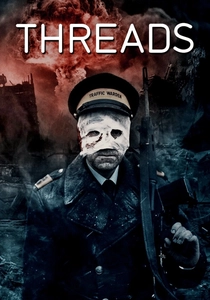
Threads (1984)
Description: A British television drama depicting the effects of a nuclear holocaust on the city of Sheffield, offering a grim and detailed look at the long-term consequences.
Fact: It was produced by the BBC and has been praised for its scientific accuracy in depicting nuclear fallout.
 30 Days Free
30 Days Free

Fail-Safe (1964)
Description: This film presents a chilling scenario where a technical malfunction leads to an accidental nuclear attack on Moscow, exploring the tense decision-making process to prevent escalation.
Fact: It was released the same year as "Dr. Strangelove," providing a serious counterpoint to Kubrick's satire.
 30 Days Free
30 Days Free

